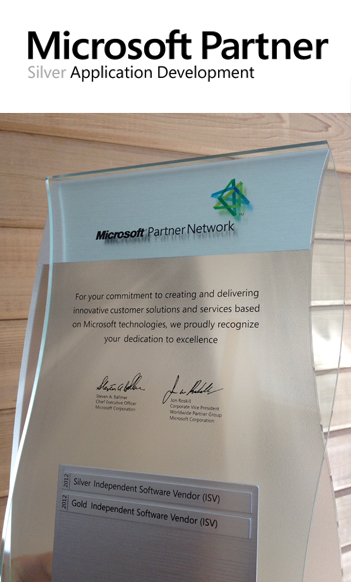Understanding HDL Issues
Troubles Opening HDL Files
HotDocs Not Present
You encounter an error message such as "%%os%% Can't Open HDL Files" when trying to open your HDL. If this is the case, it's usually due to the fact that you do not have HotDocs for %%os%% installed on your computer. Your operating system cannot associate your HDL with HotDocs, so double-clicking the file won't work.
Tip: If you don't have HotDocs installed, and you know of another program to open your HDL file, you can try opening it by selecting from the programs listed under "Show Apps".
HotDocs is Out-of-Date
It is possible that your version of HotDocs isn't able to open your HotDocs Library File file due to incompatibility. Download the latest HotDocs version from the Matthew Bender website to ensure you have the correct one installed. This problem is most common when you have an older version of the software application, and your file was created by a newer version that it cannot recognize.
Tip: Sometimes you can get a clue about the version of HDL file you have by right clicking on the file, then clicking on "Properties" (Windows) or "Get Info" (Mac OSX).
Regardless, most of the HDL file opening problems relate to not having the right version of HotDocs installed.
Associated Difficulties Loading HDL Files
You can still experience errors opening HDL files even with the latest version of HotDocs installed on your PC. If you're still experiencing problems opening HDL files, there could be other computer problems. Issues that aren't software-related:
- Corrupt Windows Registry file path references for HDL
- Mistaken removal of the Windows registry HDL description
- Partial installation of HotDocs that did not fully complete
- File corruption affecting your HDL file
- HDL file integrity has been compromised by malware
- Device drivers of the hardware associated with your HDL file are corrupt or out-of-date
- Your PC doesn’t have enough available resources to open the HotDocs Library File file
Quiz: Which file extension is an archive file?

That's Correct!
A SIT file was created by Smith Micro Systems for use with the Macintosh operating system. Now, it is considered "cross-platform", working on multiple operating systems including Windows, Macintosh, Android, iOS, and others.
Close, but not quite...
A SIT file was created by Smith Micro Systems for use with the Macintosh operating system. Now, it is considered "cross-platform", working on multiple operating systems including Windows, Macintosh, Android, iOS, and others.






















